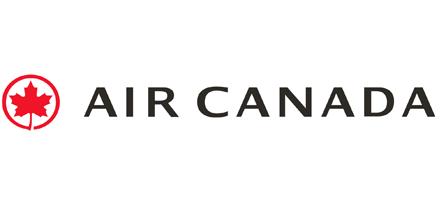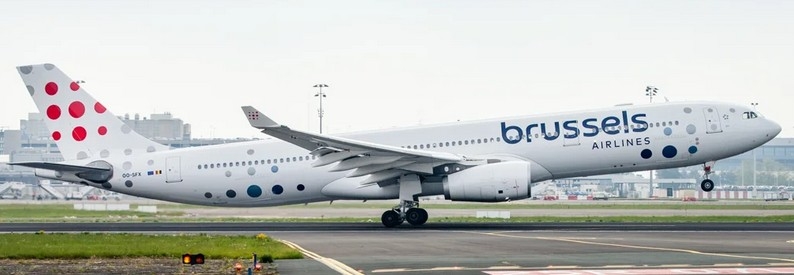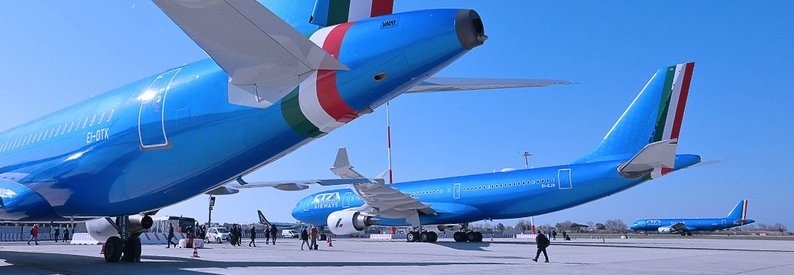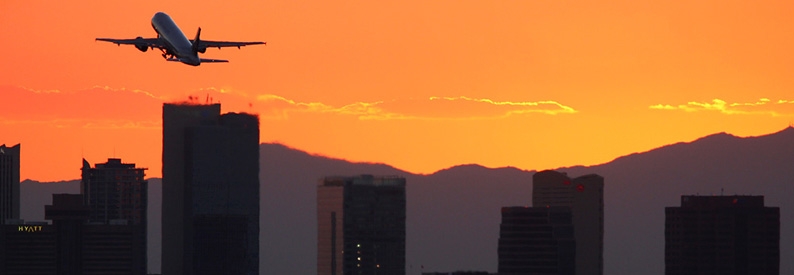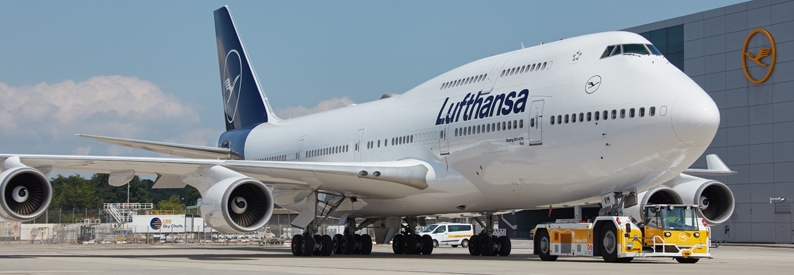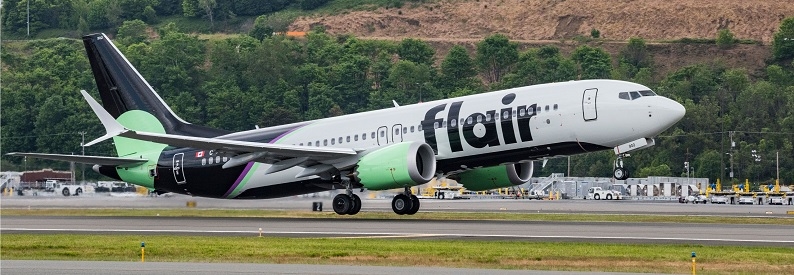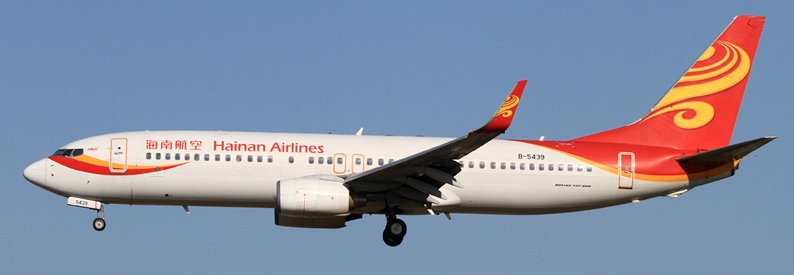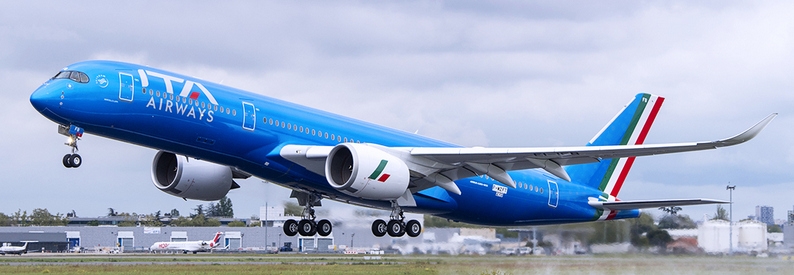The United States Department of Transportation (DOT) has filed a formal complaint with an unspecified administrative law judge to enforce a USD25.55 million penalty against Air Canada (AC, Montréal Trudeau) for its “failure to provide refunds in a timely manner to thousands of consumers” who asked for them during the Covid-19 pandemic.
Air Canada customers experienced “extreme delays” in receiving the refunds for flights to or from the United States that the airline cancelled or significantly changed, the DOT’s Office of Aviation Consumer Protection explained in a statement on June 15.
The amount of the civil penalty was based on a variety of factors, it said, such as “the consumer harm caused by the violations.” The penalty is also intended to deter Air Canada and other carriers from committing similar violations in the future, it added.
The agency said it had received over 6,000 refund complaints against the Canadian flag carrier since March 1, 2020, and had warned it many times about the issue.
The consumer protection body also claimed to have received 89 complaints on the problem through the DOT’s docket at regulations.gov. In its complaint filed with the judge, it said that Air Canada had “committed a minimum of 5,110 violations and passengers waited anywhere from five months to 13 months to receive refunds.”
In an earlier release on April 16, the DOT said it had made clear to Air Canada that a refusal to refund passengers “would be an unfair business practice in violation of US law” but added that Air Canada had informed it that it would provide the requested refunds.
“The department is also aware that the Canadian government has entered into an agreement with Air Canada for financial support. DOT is continuing to engage with Air Canada on the issue of ticket refunds,” it concluded in that earlier statement.
However, in the latest release the DOT’s consumer rights agency stressed: “The airline is responsible for providing refunds, upon request, according to US law. Airlines have seven days to refund passengers from the date of the request for flights purchased with a credit card and 20 days for flights purchased with cash.”
It recalled that because of the pandemic refund spike, it had said in May 2020 that it would use its “enforcement discretion to accommodate airlines that needed slightly longer than usual to process refunds given the high volume of requests, as long as airlines were making a good faith effort.” But “Air Canada did not make such good faith efforts. Instead, for almost one year after the May 2020 enforcement notice, Air Canada continued its no-refund policy in violation of US law.”
The Office of Aviation Consumer Protection concluded that it was also “actively investigating” the refund practices of other US and foreign airlines flying to and from the United States, for which “enforcement action will be taken in those cases as appropriate.”
Air Canada has been told it must file, within 15 days, an answer to the complaint “admitting or denying specifically and in detail each allegation” and responding to the proposed penalties.
In an emailed comment to ch-aviation, Air Canada said it believed the DOT’s position in these enforcement proceedings “has no merit.”
“As stated in the department’s own Enforcement Notice and Covid-19 Refund FAQ, these documents constitute agency guidance as opposed to properly issued regulations under the Administrative Procedures Act. As mere guidance, they cannot overrule or supersede the department’s well-established regulatory framework, as instituting a new regulation requires public notice and comment. Indeed, the department’s Covid-19 Refund FAQs document acknowledges that it 'does not have the force and effect of law and is not meant to bind the regulated entities in any way',” it said.
It added that “Air Canada remains firm on its position and will vigorously challenge the proceedings” and clarified that “since April 13, 2021, eligible customers, including eligible US customers, who purchased a non-refundable ticket for travel on or after February 1, 2020, but did not fly have been able to obtain a refund from the carrier.”
